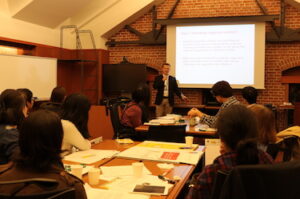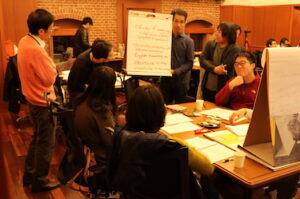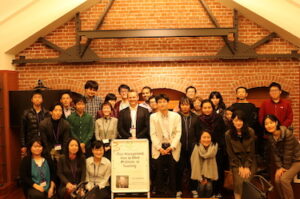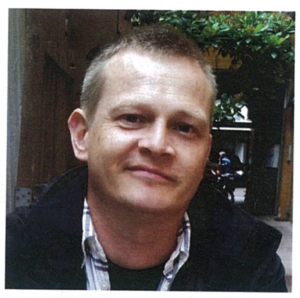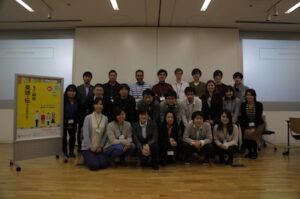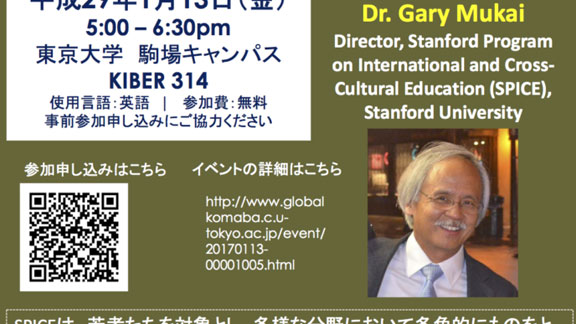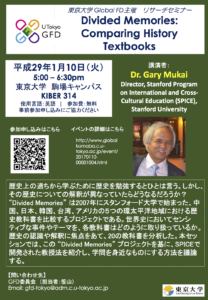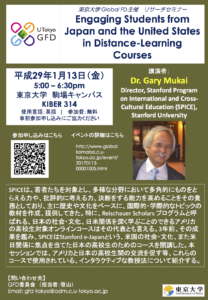【Event report】Teaching in English: Polishing Your Skills
<About>Monday, June 18th & Tuesday, June 19th, 2018

Professional and Global Educators’ Community (PAGE) organized a workshop “Teaching in English: Polishing Your Skills.”
In recent years, English medium instruction (EMI) has been increasing its significance with the globalization of higher education. In response to such demand, PAGE planned a workshop where the participants could learn useful English phrases and a teaching method for delivering classes in English.
The workshop was held at the Pharmaceutical Sciences Education and Research Building, Hongo Campus. A total of 11 participants consisted of
graduate students and young faculty members at the University of Tokyo. They came from diverse academic fields such as theGraduate School of Humanities and Sociology, the Graduate Schools for Law and Politics, the Graduate School of Education, the Graduate School of Medicine, the School of Engineering, and the School of Science.
Firstly, the participants were divided into groups of two or three. Each of them gave a five-minute mini-lecture in English and received feedback from 
the instructor and other participants. The mini-lectures covered a wide variety of themes such as molecular biology, life science, education policy, and Jewish history.
In the next session, the participants listened to a lecture on a teaching method (instructionaldesign). It described the importance of designing classes effectively/efficiently to make them attractive in addition to the instructor’s own English language skills by stressing three points: clarifying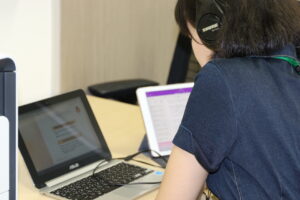
the learning objectives, structuring the class, and motivating the learners. The participants then learned useful English phrases and tips for teaching in English through an online learning course “English Academia” and handouts.
Finally, the participants individually worked on improving their presentation method, followed by their second try of giving mini-lectures. They all seemed to refine their mini-lectures by adopting the English phrases and the teaching method they had learned in the previous sessions.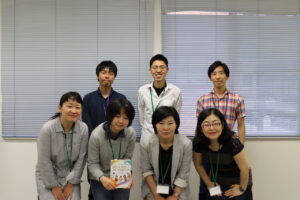
Here are some of the feedback we received from the participants after the workshop:
“It was extremely helpful. I would like to apply what I learned here to the classes for A semester right away.”
“The whole workflow (the first try on giving a mini-lecture → evaluation →
a lecture on a teaching method → the second try on giving a mini-lecture) made it easier for me to recognize my own progress and how to improve my lecture specifically.”
“The staff members kindly gave me thorough comments and feedback, so I was able to learn a lot.”
PAGE will continue to hold workshops focusing on the improvement of academic communication skills in English. We sincerely look forward to your participation.
Click here for a free online program provided by the PAGE project: English Academia.↓
https://utokyo-ea.com
Click here for more details of the PAGE project. ↓
https://www.he.u-tokyo.ac.jp/activities/page/
